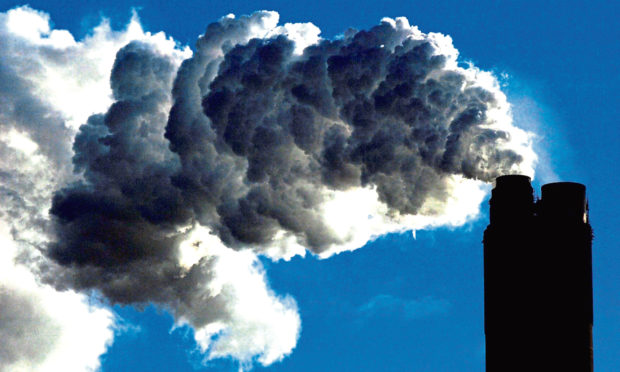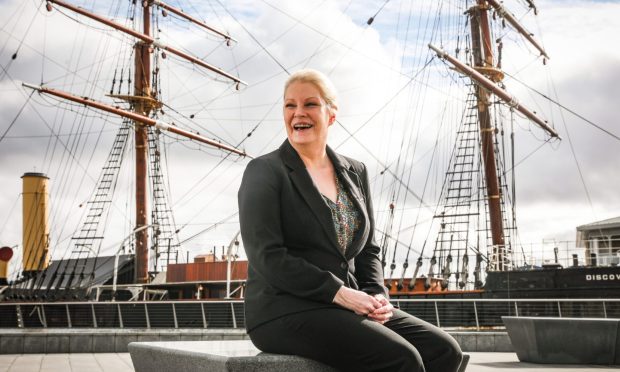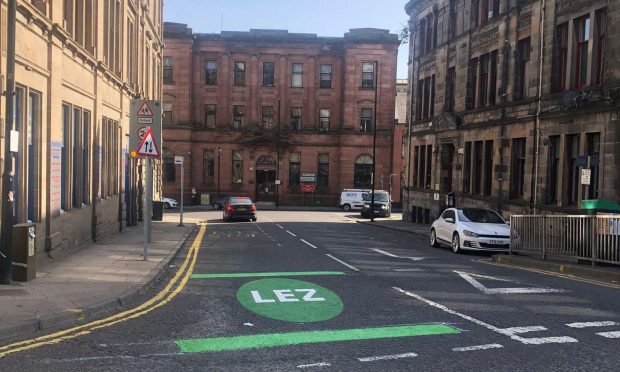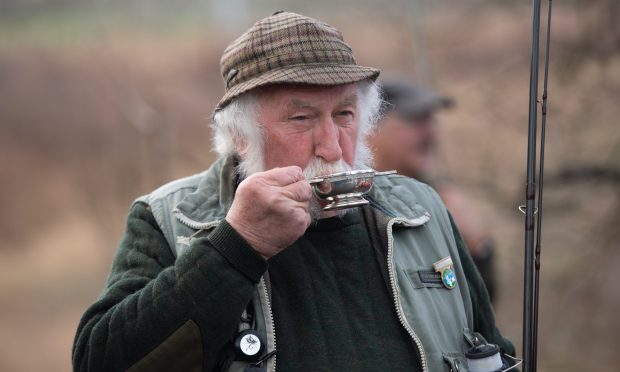There is something very wrong when a political party can get hours of TV coverage to say nothing but scientists warning us of catastrophic climate change get a minute on the news bulletin.
We are staring at old shows when the real drama is elsewhere.
The Intergovernmental Panel on Climate Change reported this week that we have 12 years to mitigate the worst effects of global warming.
Should we fail to dramatically cut emissions, and so limit the rise in global temperature, then we can expect catastrophic floods, food shortages and displacement of people.
This is a warning of biblical dangers in an age of science.
It is at once both a message to the political elite and to the people. Government policy matters but so does your behaviour.
It came at the end of party conference season. You would imagine being told we face a level of destruction greater than in any world war would focus minds. You would be wrong.
Britain’s main parties were preoccupied with the merits of detaching ourselves from a union of developed nations – thus withdrawing from the world’s largest area of scientific collaboration – and how this might make us “great” or not.
It would have been neglectful not to discuss Brexit at the conferences.
The point is so little else was debated, and so little context given to what in the end might be trivial in the scale of things.
This reflects a wider problem. Party conferences, like much of political discourse, is focused on speculative, optimistic visions.
We are encouraged to think that free markets or socialism will fix us, that staying in one union while leaving another (or vice versa) will add to the sum of human happiness.
We have always followed dreams but used to debate the detail. No longer.
Now the conference is a kind of wonderland for believers, where anything which might spoil the good mood has been eradicated.
Tidied up by the Tories in the 1980s, made contentless by Labour in the 1990s and now devoid of real decisions, the conferences only exist because TV is obliged to broadcast them.
The political parties killed off the interesting stuff in order to look good on telly, so TV should now kill off the broadcasts.
When parliaments were not televised and broadcast outlets were fewer, conferences mattered.
Now, you can binge on live politics and hear the snap, crackle and pop of debate every hour, they don’t.
Conferences are emblematic of a move away from evidence-based argument.
The leadership are not challenged by the membership. Political debate has become the exchange of familiar sentiments.
This suggests all is well in the developed world and we have the luxury to discuss constitutional shifts.
Yet we face fundamental threats. You could debate what the world does in the event of another financial crash, when government borrowing is maxed out and interests rates are rock bottom.
You could worry about persistent poverty in the rich world, or the fact this is the first generation predicted to die younger than their parents.
None of the above cropped up on the main stage of any conference. It’s as though, according to them, the only issue is rival parties.
This happy place, this perfect world where whatever your opponent says is wrong or “fake”, is one incapable of grappling with climate change.
So much so that it is acceptable to treat the huge body of data as if it were a rival political party.
Somehow climate change is an opinion, a democratic choice.
Science, that thing of theorising from data and then testing the theory against the data, strangely became a blurry thing when it came to the climate.
Radio phone-ins pitch the idea out to the audience, inviting them to doubt and challenge. They never do that with cancer.
This is a science you are allowed to doubt because the weather has been unusually warm or cold.
But the climate is not just another rival policy, another thing to doubt and tweet about.
It is like the other big problems we face – based in evidence, complex to understand and difficult to respond to.
If our political forums fail, people will look elsewhere.
The Dutch government suffered a reverse this week – a high court in the land ruled the government’s climate targets were too cautious and should be made tougher.
This demand began in 2015 with campaigners taking to the courts, as they despaired of political feebleness.
It is great news for the environment. It is also a warning to governments.
A political culture of sentiment and insults is not cutting it in an age of great threats.
The warm words of governments combined with the missed climate targets simply make us turn away from those who would lead.
We are seeing the important debates occur in the courts and in academia, among experts and those still bothered to listen.
These are the discussions which should be televised, and we should be prepared to hear things we do not like.










